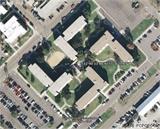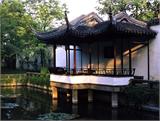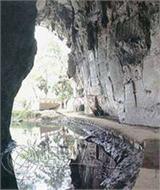The connotation of landscape design
What is called "landscape", simply put, refers to objects with aesthetic value worthy of appreciation. It reflects humanity's worldview, values, and ethical moral perspectives, and it is the projection of human love and hate, desires and dreams onto the earth. Landscape design serves as a means for people to realize their dreams. In the agricultural age, people’s reverence and worship of nature prevented them from violating the patterns and processes of heaven and earth, so they designed sacred landscapes based on their mental model of the universe to pray for heavenly blessings. In medieval Europe, divine authority surpassed everything, with the omnipotent God becoming the center of human life and design, leading to urban and rural layouts centered around churches. The Renaissance liberated human nature and science; because of a worldview and methodology that placed humans at the center and promoted rational analysis, along with an admiration for the luxurious and sensual lifestyles of ancient Greek and Roman nobility, geometrically symmetrical and patterned ideal city models emerged, followed by Baroque squares and landscape designs, even attempting to geometrize nature. The Industrial Revolution brought about a new design aesthetic, resulting in Le Corbusier's rapid urbanization model.



